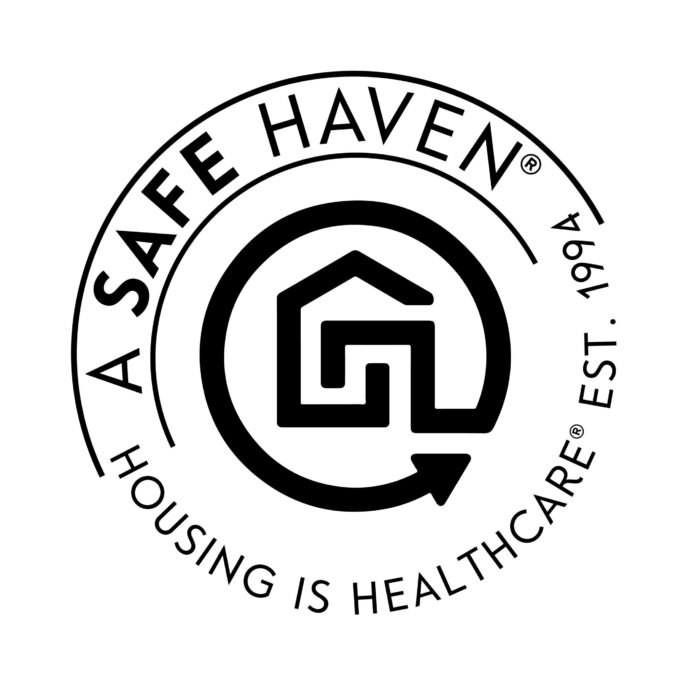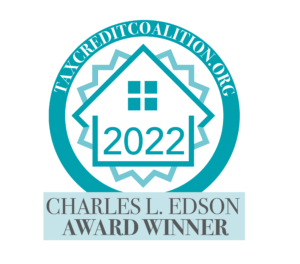Comprehensive Behavioral Health Care Battle Plan
A Safe Haven & Representative La Shawn K. Ford Hosted a Press Conference to Discuss a Comprehensive Behavioral Health Care Battle Plan to Address and Reduce Opioid Use in IL in Response to CDC’s Newly Released Opioid Overdose Figures
Chicago, IL (December 21, 2017) —Representative La Shawn K. Ford (D-Chicago) and Neli Vazquez Rowland, Co-Founder and President of A Safe Haven, at A Safe Haven Headquarters for a press conference to discuss the impact of the Opioid Crisis in Chicago, the State Representatives role, A Safe Haven’s role in helping people and to provide live testimonials from people directly impacted by the ‘disease’ in response to the Center for Disease Control’s (CDC) newly released Opioid overdose figures. The national opioid epidemic escalated in 2016, driven by an unprecedented surge in deaths from fentanyl and other synthetic opiates.
According to the report, more than 42,000 Americans died of opioid overdoses in 2016, a 28 percent increase over 2015. Additionally, deaths due to heroin were up nearly 20 percent.
Since 1994, A Safe Haven serves as a top anchor organization serving an average of 5,000 people a year in crisis. Over 40% of the people A Safe Haven serves suffer from addictions to opioids, heroin, alcohol and other mind altering substances. A Safe Haven’s is an award winning one of a kind model recognized for their unique ability to provide individualized and assessment driven behavioral and economic delivery system designed to transition people facing various and multiple social and economic challenges holistically, by offering a wide range of comprehensive services that consistently lead the vast majority of the people they serve back to sustainable recovery, self-sufficiency and to a healthy drug free lifestyle.
Another recent report by the Chicago Urban League acknowledges the disproportionate impact and drug overdose death rate in low income and at risk populations and communities and the scarcity of services available to Chicago’s most vulnerable populations compared to suburban communities. A Safe Haven’s main 400 bed headquarters is located at what is considered ‘ground zero’ in Chicago’s North Lawndale West Side community. North Lawndale community is considered one of the most drug impacted communities commonly known to be scarce of treatment services and resources and for high rates of unemployment, crime and violence.
Four testimonials residing at A Safe Haven shared their decades of experience with Opioids, Incarceration, Homelessness, and M.A.T (medication assisted treatment). Their compelling and tragic stories of the consequences of their long-term drug use. They also compared other treatment protocols that they used over the years to alleviate or combat the problem
to their experience at A Safe Haven.
“A Safe Haven gave me structure and direction and by following the service plan, that we created for my particular situation, after years of substance abuse, including stints with Methodone use, I learned to break the cycle of doing drugs, and committing crimes to feed my disease. I was arrested for those crimes and was originally mandated to A Safe Haven by a judge. I was facing 14 years. By abiding by the rules and regulations and services provided to me by ASH, thankfully my sentence was eliminated. During my stay I was asked to help in the culinary class and assist the instructor. Today, I am employed by ASH where we do catering, I am also a formal culinary instructor. I teach people what I learned and I help others. Everything I own now I owe to A Safe Haven, and I am forever grateful.” David
“I started using when I was 13 years old, and couldn’t get clean until I was 55. I was arrested with a friend and we both had the option either go home or come to A Safe Haven. I chose to come here and he decided to go home. Unfortunately I found out that he had passed away recently. I can honestly say, I have lost a lot of friends the same way over the years that A Safe Haven saved my life. We did drugs together all the time and I know that could’ve happened to me too. That could’ve been me. I am grateful I made the choice that I did. I have been blessed with a second chance.” Angel
“I grew up in the suburbs, but could never get the same quality of treatment I was able to receive at A Safe Haven. I’m pretty sure that there is nowhere in the world that does things the way A Safe Haven does for addicts to get clean and back on their feet. I’ve been to many. As an addict you see cracks in service and you want to jump in them. At A Safe Haven they don’t leave any cracks for me to fall into and for today I can say I was able to finally get clean.” Timothy
“This issue is personal to me. I grew up without having my mother in my life until much later in life. I was raised by my grandparents. My own mother had been using drugs for most of her life, and I’ve asked her to get help. She said, she has been on methadone so long that it’s too late for her to get any better or off drugs completely. She’s been on methadone for almost 20 years and unfortunately, she’s come to terms that is her fate. I always assumed it was too. Perhaps, if she knew about A Safe Haven for her to go to I think she could have had a different life. Maybe it’s not too late. I met a woman here today and she has been a heroin addict for almost 20 years too, she encouraged me that maybe there is hope for my mother too. Every time I come here, I am inspired to know that people are being taken care of the right way. As an elected official committed to this cause and to helping all of you, I will continue to champion all of our options to including A Safe Haven’s approach” IL State Rep La Shawn K. Ford
“Due to the urgency of the matter and the growing death toll, Medication Assisted Treatment protocols are dominating the conversation in the news as we figure out how to reduce the death rate as a way to tackle the opioid epidemic. I am eager to expand that narrative to improve the quality of life long-term, beyond getting people from one drug to another. We need to enhance the plan to include engaging participants in supportive recovery services with the desirable and achievable goals of meeting multiple co-existing conditions, as part of the behavioral delivery system and as a performance metric, otherwise, we may be making a major mistake. We are at a tipping point and this is a pivotal moment in our nation’s history. We are grateful that for over two decades A Safe Haven has been lauded for our innovative model. We are most proud of our track record to have served over 100,000 people many of them suffering from addictions through our unique and vertically integrated eco-system that is individually designed to help people from all walks of life get back on track on many levels. A Safe Haven has been proven to help individuals become sober and self-sufficient in a sustainable manner. We hope these inspiring testimonials today served as the examples we need to leave no stone unturned as we consider all of our options available to us to solve this problem in the most proven, effective and sustainable manner possible as we lay the foundation for reversing this problem-long-term.” Neli Vazquez Rowland, President of A Safe Haven Foundation



